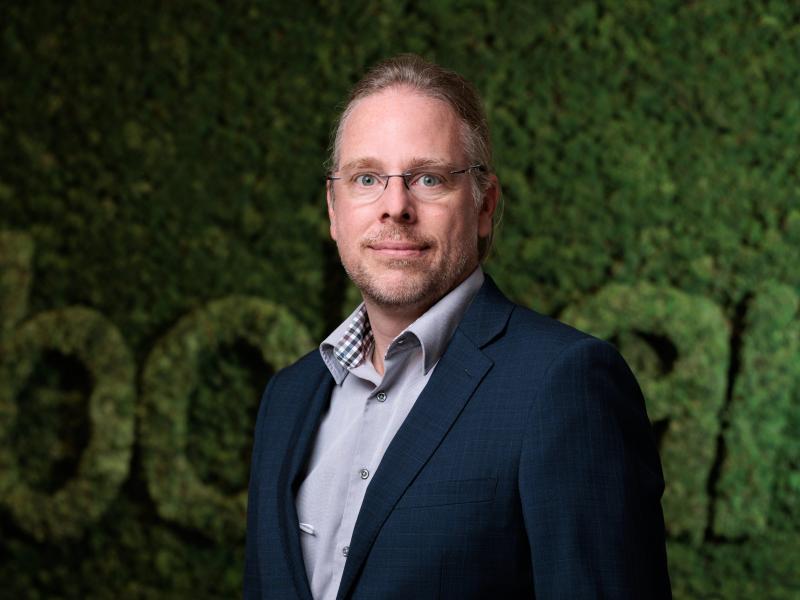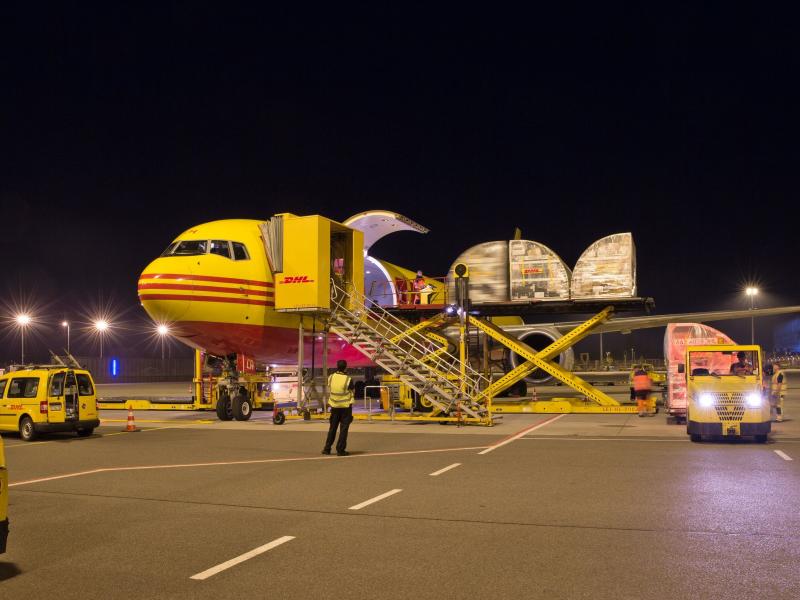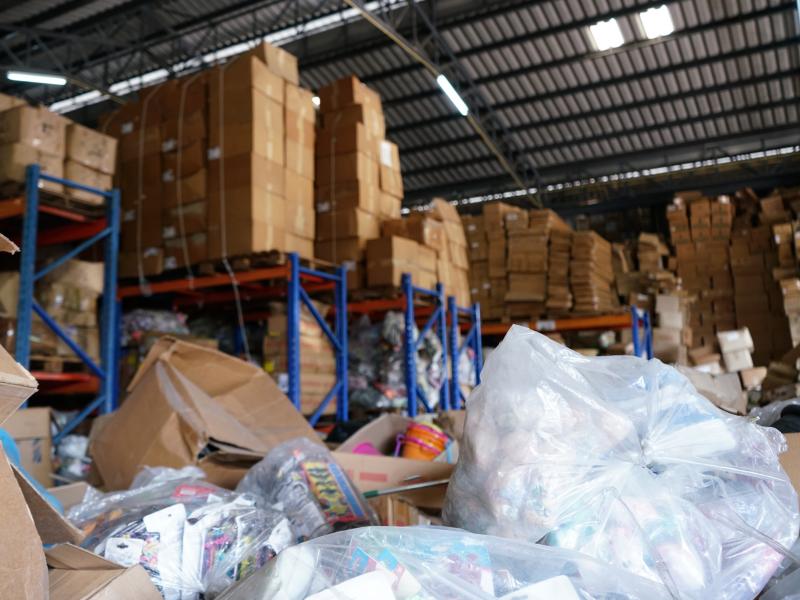Agricultural analyst Wes Lefroy reports on the potential of the new digitised approach to managing food and agriculture supply chains.
There is a lot of excitement and talk about ‘blockchain’ but yet little is known about what it actually is, and how this digitised technology could be implemented in the agri sector.
Wes Lefroy, Rabobank’s agricultural analyst (pictured) has been closely following the potential of this new digitised approach to managing supply chains, and how it could revolutionise the food & agri supply chain, as we know it.
Authoring an article, Blockchain: Changing Interaction in the F&A Supply Chain from Paddock to Plate, Lefroy looks at the shift towards a digitised supply chain and why it holds great promise for farmers through to the consumer.
“Conceptually, blockchain makes a lot of sense but the potential of it in the agri sector is not something that has been widely considered,” Lefroy says. “Yet the shift towards this technology is progressing quickly and it might be here quicker than we think, with a number of companies already trialing the technology.”
Blockwhat?
As a digital platform, Lefroy says ‘blockchain’ facilitates the transfer of physical commodities right along the supply chain, whereby all transactions are recorded on a shared ledger.
“This shared ledger, essentially a record book, records all the financial transactions, as well as any data or information, that is associated with transferring the physical commodity along the supply chain – from farmer to consumer,” he says.
Lefroy says all those involved in the transaction would have their own copy of the ledger, and each time a transaction is made, a new record (or block) is created and added to the blockchain.
“For it to work, input suppliers, farmers, port authorities, banks, logistical providers, and processors, all need to participate in a common interface and enter their digital information in the same blockchain,” he says.
What does it mean for farmers?
Lefroy says “blockchain offers huge possibilities”, given consumers are increasingly demanding high-quality and safe products – as well as, visibility of the supply chain.
The two major benefits blockchain delivers are transparency and provenance, but Mr Lefroy says the secure nature of blockchain also removes counterparty risk – or the “will I get paid?” element from the transaction.
“With blockchain facilitating traceability, it is set to drastically simplify the process of verifying product origin, quality attributes, and production practices,” he says.
“For example, farmers will have much greater understanding of changing consumer preferences, giving them direct feedback into the demand for the different products they are producing.
“And in turn, consumers will have greater verification of how the product was grown, with input data and production location verifiable.”
Lefroy says for blockchain to “take off”, it requires involvement from all the stakeholders along the supply chain.
“This is particularly pertinent for farmers, as the provenance story is diluted, without high quality information about production inputs and origin,” he says.
Commercialisation yet to take off
At home and abroad, Lefroy says the shift towards a digitised supply chain is progressing quickly.
“Earlier this year Fonterra was invited to partner with Alibaba to develop a platform focused on strengthening the supply chain, which will involve the development of blockchain technology,” he says. “And since then, we have seen some major grain handlers in Australia testing the application of this technology, with blockchain pilots also taking place in the US for other commodities such as pork and mangoes.”
While there are still barriers to wide-scale adoption, such as calculating a proper distribution of costs and benefits, Lefroy says “there is no doubt that it holds promise and is the way of the future.”





